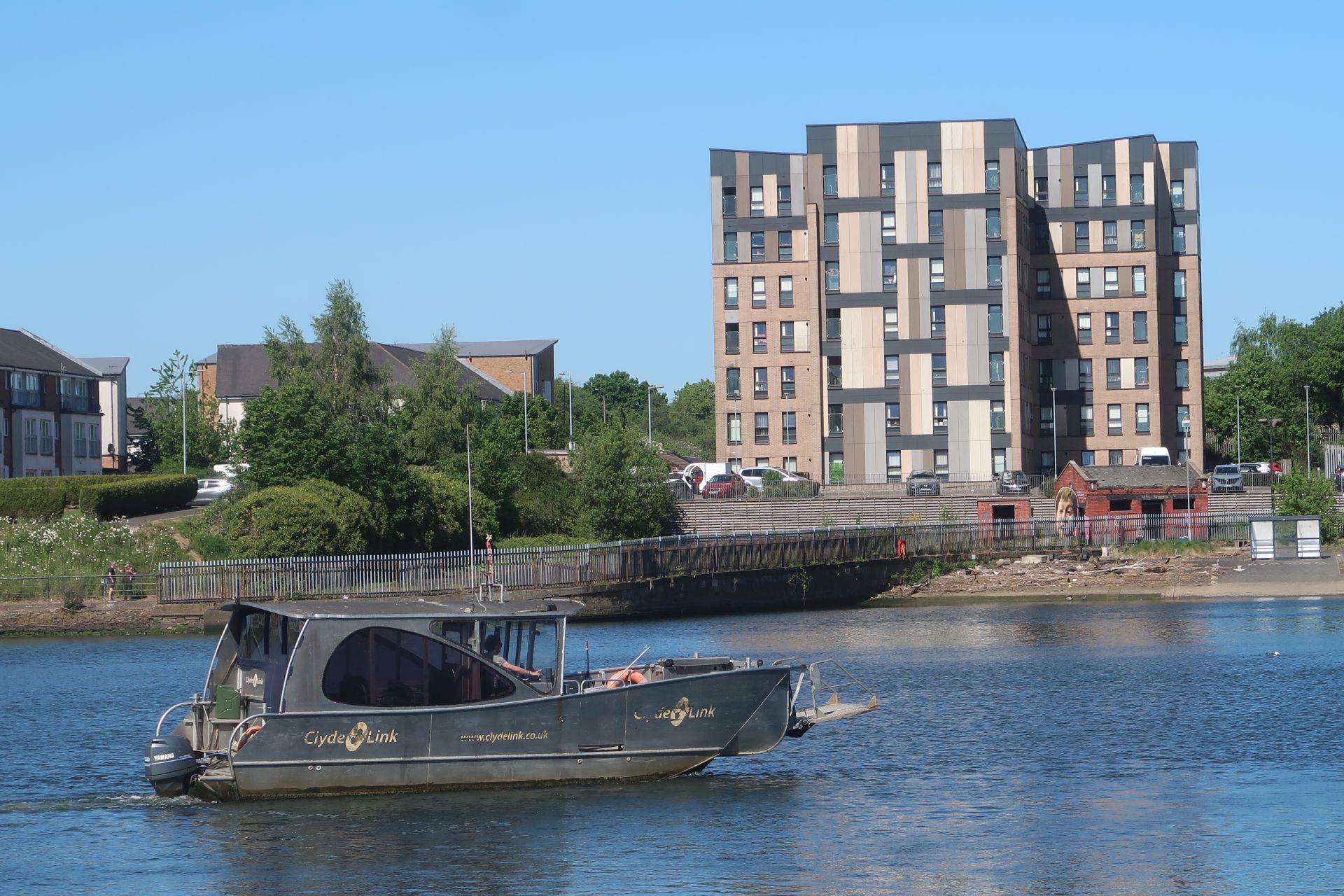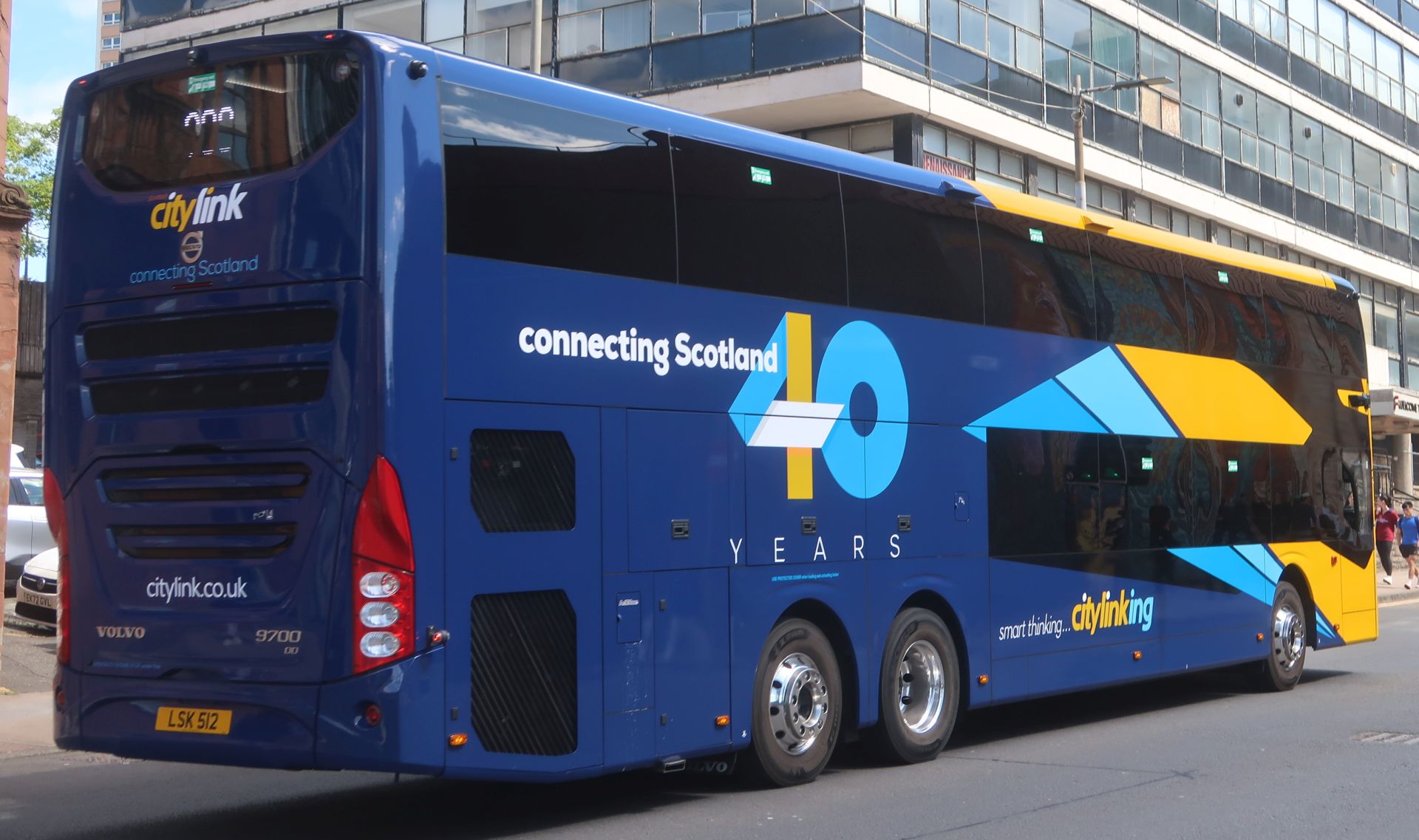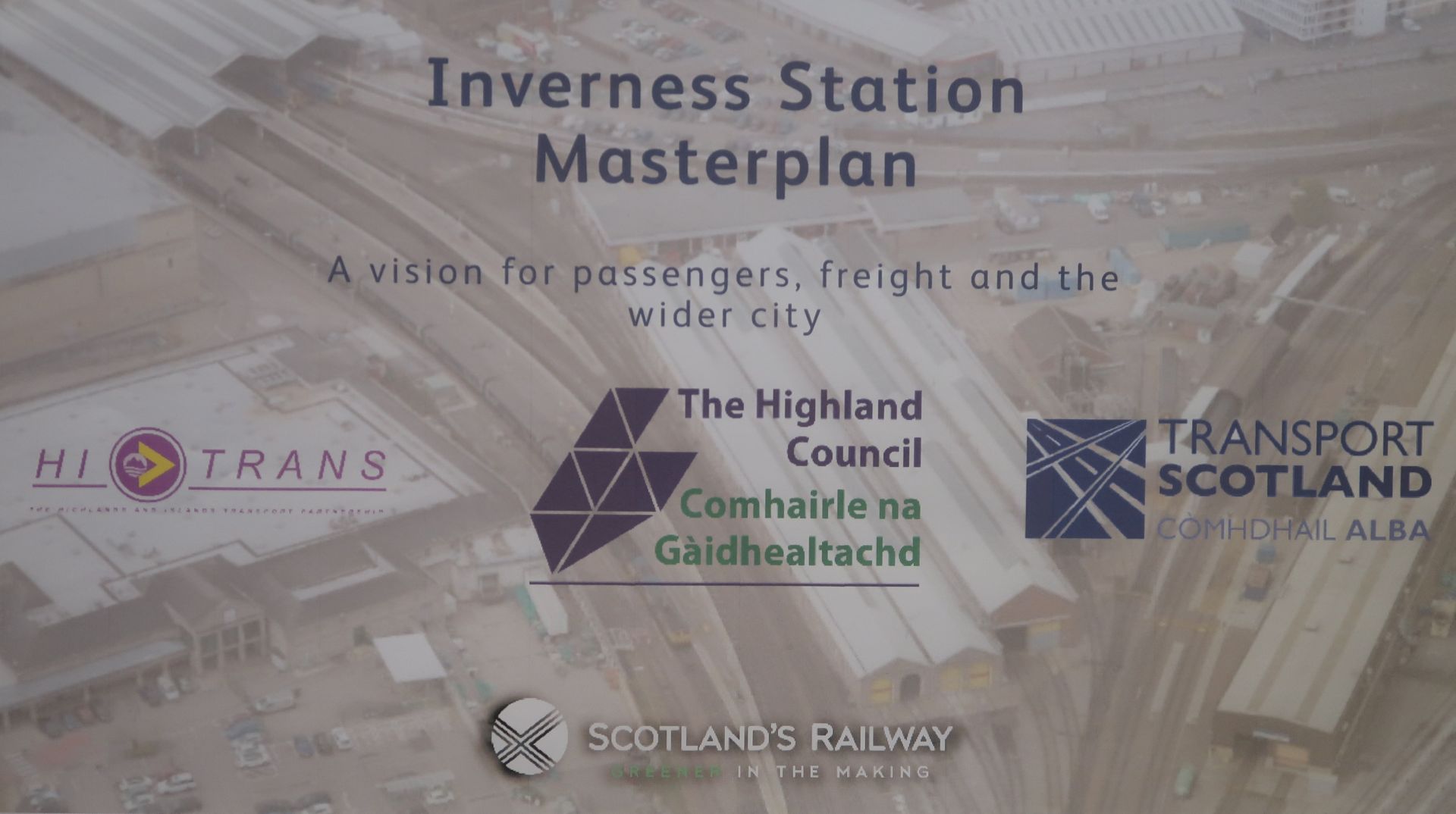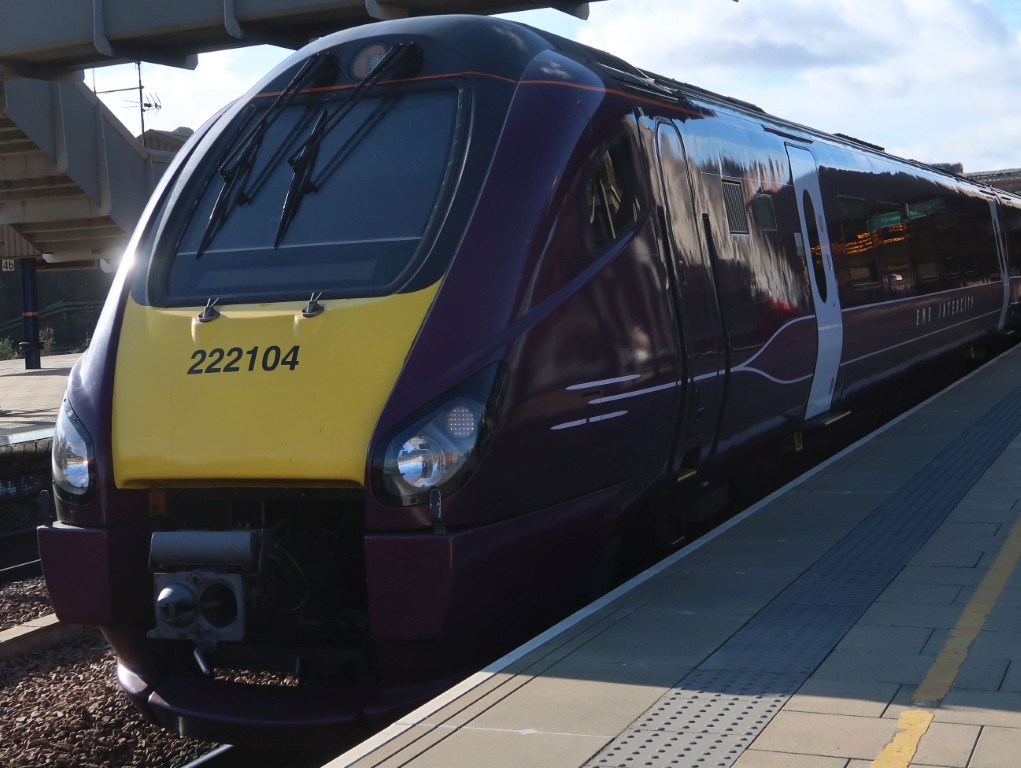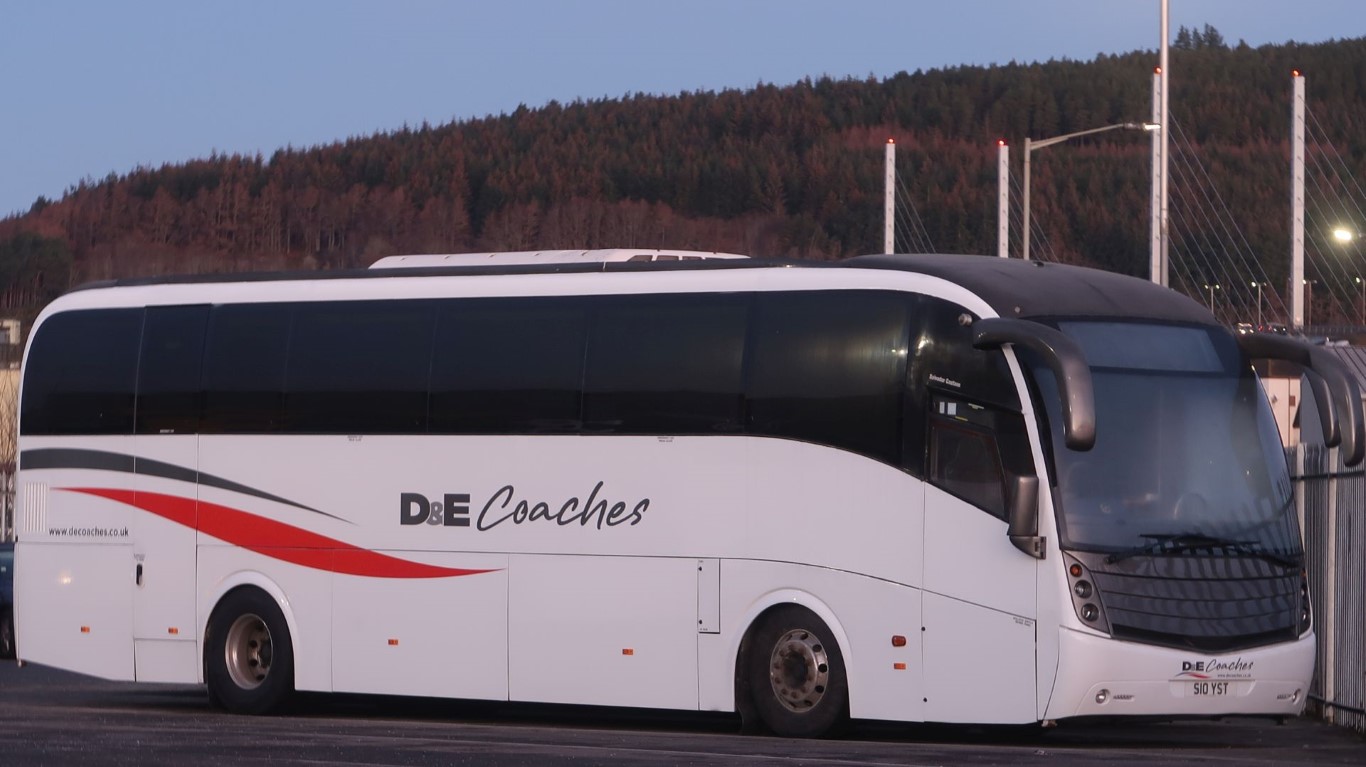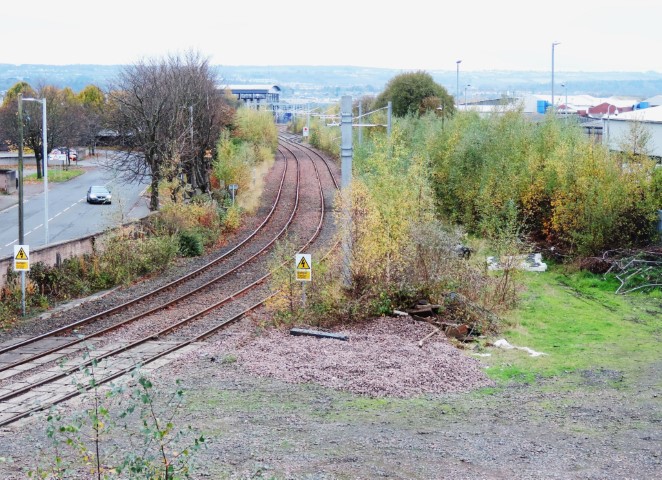Articles
Campaigning for efficient, sustainable and coordinated public transport
Articles appearing here and on the home page are submitted by SAPT committee members and established contacts who have highlighted particular aspects of newsworthy items.
These are typically reflective accounts based on personal experiences of travelling on public transport services, attending events, or having considered proposed developments and how they might best serve the needs of transport users.
The views expressed in Articles as not necessarily the views of the committee as a whole. We welcome comments and observations from members and others on scottishtransport@hotmail.com
Demise of Renfrew Ferry following opening of new bridge
14/06/2025
The Renfrew-Yoker passenger ferry was withdrawn on May 31, severing a public transport link across the River Clyde which had ...
Read More →
Smart thinking – 40 years on
12/06/2025
Scottish Citylink are celebrating 40 years of Connecting Scotland, with some of their coaches wearing the anniversary logo along with ...
Read More →
UK’s highest railway reopens after lengthy closures
11/03/2025
The Cairngorm funicular, near Aviemore opened in 2001 at a cost of £19.5m. The railway connects a base station with ...
Read More →
Masterplan for multi-modal transport interchange
26/02/2025
Network Rail recently displayed results from their Passengers Insight survey at a collaborative strategy Public Showcase event hosted by Highland ...
Read More →
Inter7City Transformation
21/02/2025
Transport Secretary Fiona Hyslop’s announcement of the ScotRail HST replacement programme promises a more attractive and greener choice encouraging more ...
Read More →
Council in-house bus operations expanding
05/02/2025
The Highland Council have announced that following a period of negotiation and due diligence, it has been able to acquire ...
Read More →
By ScotRail to the Harry Potter Bridge – The Role of Rail in Scottish Tourism
16/12/2024
The spectacular scenery of Scotland’s Mountains, Moors and Lochs is best viewed from the train. The Jacobite steam train (“Hogwarts ...
Read More →
Grangemouth Rail Opening
18/11/2024
Re-opening the railway to Grangemouth emerged as a popular issue from the recent 2024 travel survey by Falkirk Council. Successful restoration ...
Read More →
Far North Line 150th Anniversary
02/11/2024
SAPT was one of 5 organisations involved in putting together a photographic exhibition to mark the 150th Anniversary of the ...
Read More →

